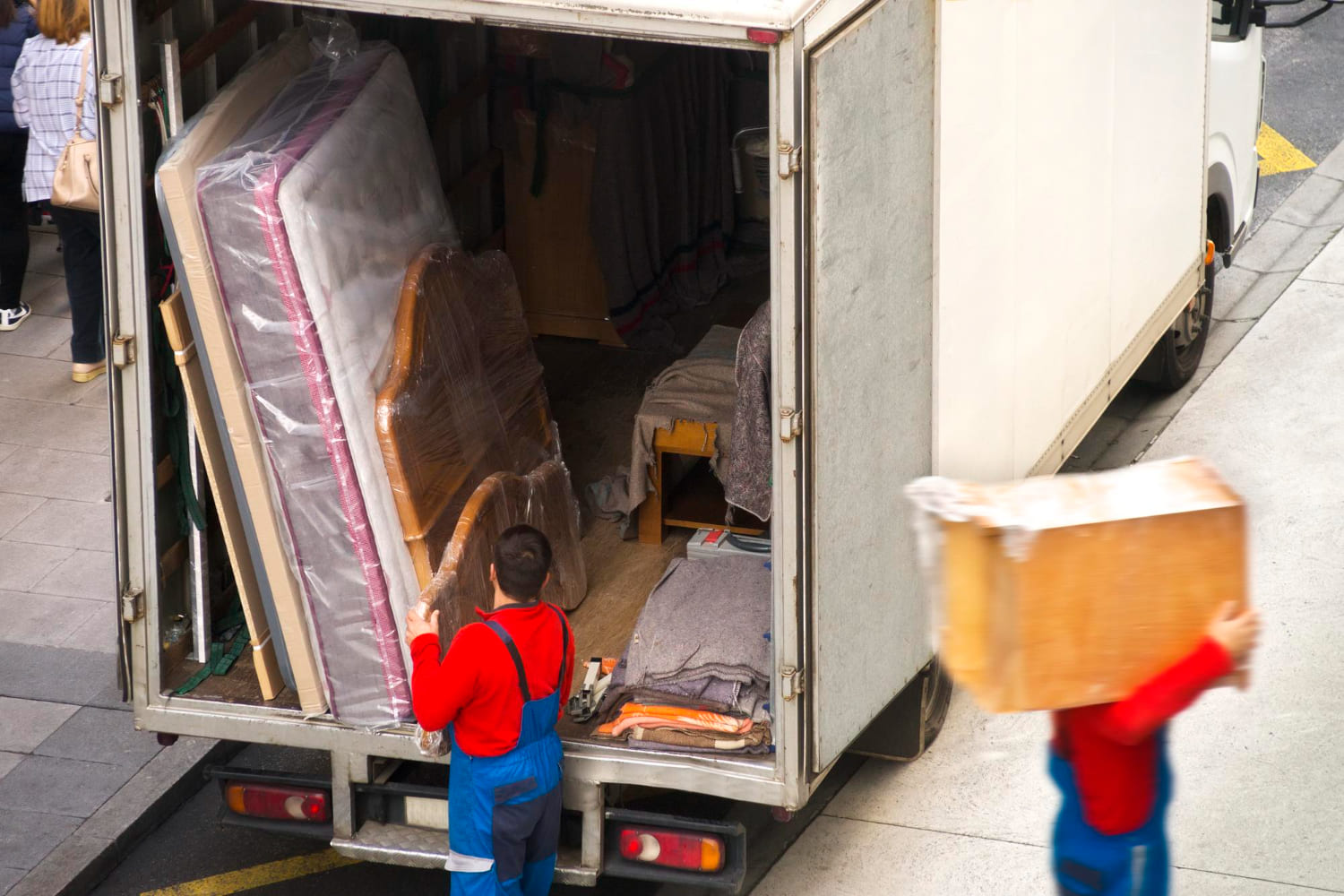
Moving from one place to another can be quite hectic, whether it is a long-distance or a small local move. Moving can be very time-consuming as well as mentally and physically draining. Therefore, the best solution is to hire a reliable moving company.
Hiring a moving company removes the stress of safely packing and transferring your belongings to the new place. Several moving companies also offer to unpack and furnish services that clients can demand. Using a moving service, you have one less thing to worry about and can only focus on making a move and settling in the new place.
Hiring a moving service has become a necessity rather than a luxury. Due to the increase in local and long-distance moves during the pandemic, there has been an increase in the moving companies, making it tougher to select a reliable one.
Often people are hesitant to hire a moving service due to the fear of damage or loss of belongings. This is where moving company insurance and coverage come in. When you hire reliable, professional, and insured movers, they provide moving insurance that offers complete protection for your goods.
What Is Moving Insurance?
Your goods may be lost or damaged during a relocation; moving insurance is an essential practice to ensure that if any such accident occurs, you will be fairly compensated for it. Moving insurance coverage will assist you in getting reimbursed for any accidents during the moving process because relocating puts your things in danger of theft and destruction.
For different types of moves, there are various movers insurance coverage plans to help protect your belongings. Such as long-distance moving insurance, relocation insurance, house moving insurance, value insurance, and household goods movers insurance, to name a few.
Moving insurance and valuation coverage is similar, but not the same. Movers only provide valuation coverage, while an insurance company provides insurance. The valuation coverage is provided to varying degrees to the client’s needs or demands.
Getting an insurance company is preferred if you still require move insurance coverage than the max liability provided by your mover’s coverage.

Types of Coverage Insurance and Value Protections
Released Value Protection: How Much Does It Cost?
Released value protection does not need to be purchased and is automatically provided by the movers; hence there is no additional cost for it, and you get it at zero cost. It is the basic value protection that offers minimal protection for your possessions – 30 cents per pound per article for local moves and 60 for long-distance moves.
Complete Value Protection: How Much Does It Cost?
The cost for complete protection usually lies between 1%-2% of the total value of the goods; however, it varies from company to company. To get this insurance, the customer first needs to calculate the value of their goods and get a coverage filed accordingly.
What’s Not Included in Valuation Coverage?
Valuation coverage does not cover things that are not connected to the movers or not under their control, for instance, a natural disaster like an earthquake.
Expanded Mover Coverage
Some insurance companies provide an option to get expanded mover coverage. Within this, if a customer wants, they can expand their valuation coverage by setting a price per pound with the company. For instance, if you are moving goods weighing 15,000 pounds, and you decide to attach a declared value of $5 per pound, if something happens to the goods, the amount you will be compensated with will be $75,000.
Third-Party Insurance
Third-party insurance is when an insurance company is hired to insure the goods in transit. This can help the customer cover the remaining cost for their goods that are not otherwise covered in the mover’s insurance and also in cases of natural calamities or situations that the mover’s coverage does not cover.

Moving Insurance Options for a DIY Move
If you’re moving and need to fill a coverage gap, consider your alternatives for coverage below.
Trip Transit Insurance or Relocation
A moving insurance policy can close the coverage gap when you move, much as a separate liability policy. If you decide to move using your car, you may be liable for any losses or damages above your insurance limits. Consequently, moving insurance coverage can guarantee that your belongings are completely safeguarded.
Rental Truck Transit Insurance
Depending on the plan you choose, the truck rental business may offer coverage for you, your passengers, the truck, and the cargo.
How Can I Figure Out the Value of My Household Goods?
To determine the contents of your home’s value, you should make a list of everything you own in each room. Calculate the estimated value of each item. Keep in mind that you should receive current appraisals for jewelry and other expensive things. To determine your estimate, add up the prices of all your purchases.
Does My Homeowner’s Insurance Cover the Move?
Whether you choose to relocate yourself, your valuables may be covered by your renters’ or homeowners’ insurance if you’re driving your car or a rental car or truck. Homeowners’ and renters’ insurance cover your possessions while they are in your home, in transit, and in storage facilities. However, they do not cover any damage to your goods that occurs while the movers are handling them, such as when packing or physically transporting the items.
The Bottom Line
Hiring a reliable insurance company is essential to ensure the safety of your possessions and a secure move. Hence, it is important that you only select one of the reputable companies for moving. To ensure the legitimacy of a moving service, you can check their certificate of insurance and licenses.






